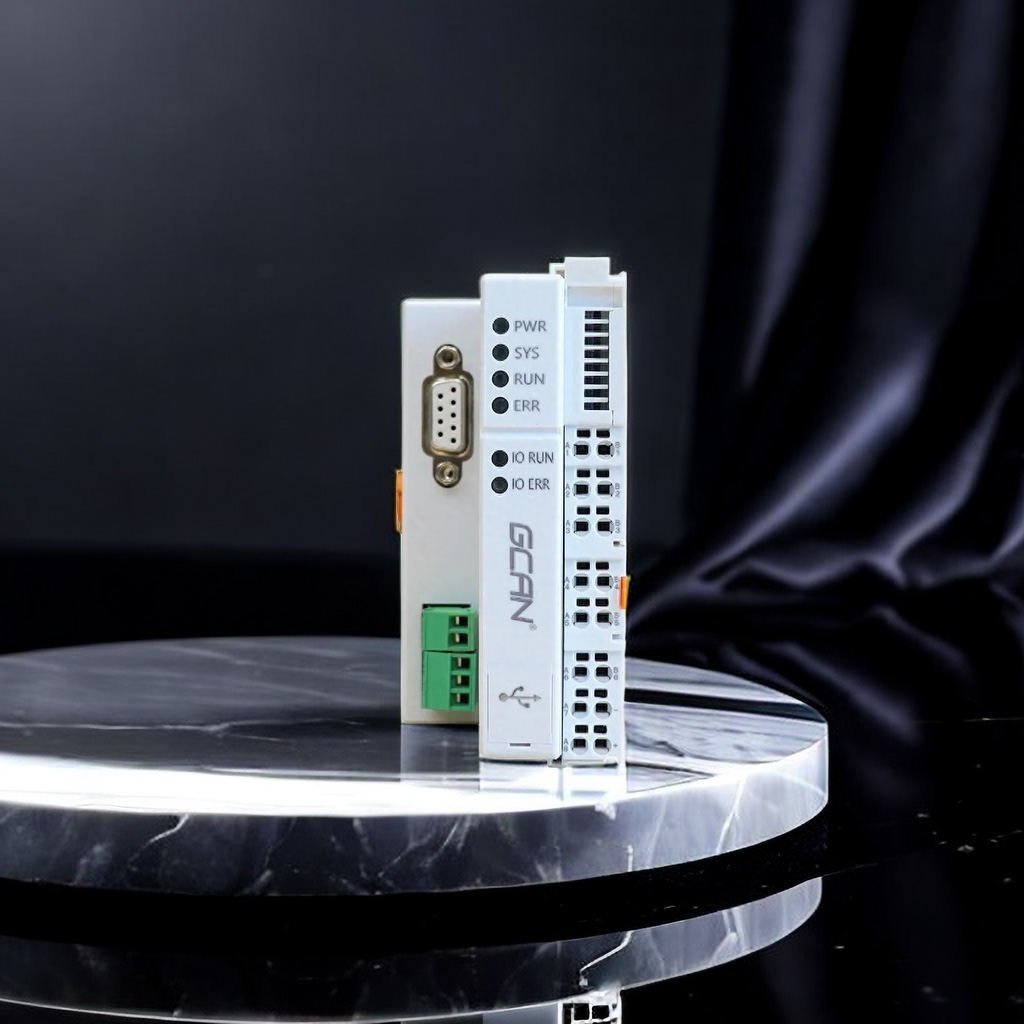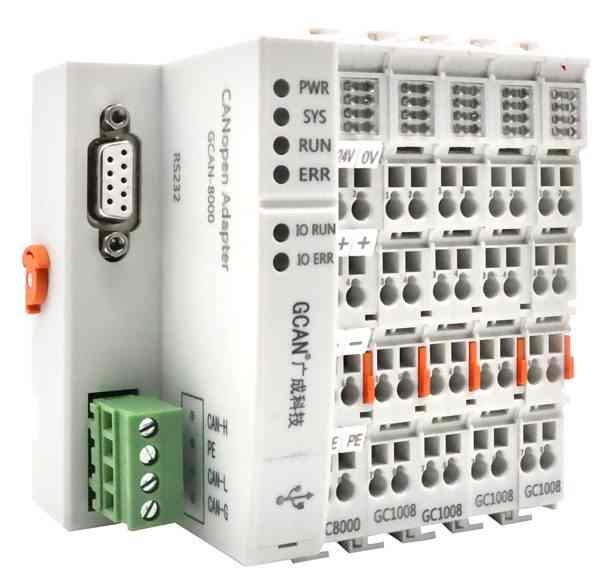Bienvenue dans le monde de la mémoire pour automates, où la taille n'a vraiment pas d'importance ! En tant qu'ingénieur API ou acheteur curieux, vous vous êtes peut-être demandé pourquoi la mémoire des API est généralement limitée à quelques centaines de Ko. Nous allons maintenant nous pencher sur les raisons de cette capacité apparemment modeste et découvrir les avantages cachés qu'elle apporte.
Réactivité en temps réel :
Comme nous le savons tous, l'automate programmable est conçu pour le contrôle et l'exécution de tâches en temps réel. Il doit répondre rapidement aux signaux d'entrée, exécuter la logique et générer des signaux de sortie. En conservant une taille de mémoire relativement petite, les automates programmables peuvent atteindre les objectifs suivants des vitesses de traitement fulgurantes et performance ultra-réactive. Ainsi, bien que cela puisse sembler contre-intuitif, une mémoire plus petite améliore en fait les capacités en temps réel !
Coût et taille du matériel :
Les automates programmables sont des systèmes intégrés et, en tant que tels, ils sont soumis à des contraintes en termes de coût et de taille du matériel. En limitant la capacité de mémoire, les fabricants peuvent réduire le coût des puces mémoire et la taille globale de l'appareil. Cela permet non seulement de rendre les automates plus abordables, mais aussi de s'assurer qu'ils s'intègrent bien dans les systèmes d'information de l'entreprise. espaces compacts sans compromettre la fonctionnalité.


Logique compacte, stockage efficace :
Bien que les automates gèrent une logique et des tâches relativement simples, ils n'ont pas besoin d'une grande quantité d'espace mémoire. Les codes des programmes logiques sont souvent conçus pour être compacts et efficaces, ce qui leur permet d'être stockés dans des mémoires plus petites. Cela signifie que même avec une mémoire limitée, les automates programmables peuvent gérer efficacement la plupart des besoins en matière de logique de commande et de stockage de données.
Fiabilité et stabilité :
Les petites tailles de mémoire peuvent en fait améliorer la fiabilité et la stabilité de la mémoire de l'automate. En réduisant la quantité de données stockées, le risque de corruption ou de perte de données est minimisé. Cet aspect est particulièrement important pour les systèmes PLC à longue durée de vie, pour lesquels une capacité de mémoire réduite permet de limiter les risques de défaillance de la mémoire et d'assurer un fonctionnement ininterrompu.
Bien que la capacité de la mémoire des automates puisse sembler modeste, elle est parfaitement adaptée à la majorité des besoins en matière de logique de commande et de stockage de données. Pour les applications plus exigeantes, il existe des automates haut de gamme ou spécialisés, dotés de capacités de mémoire plus importantes. En outre, certains automates offrent les interfaces d'extension de la mémoire, vous permettant d'augmenter la capacité de mémoire en ajoutant des cartes ou des modules de stockage.
En conclusion, la taille limitée de la mémoire des automates n'est pas du tout une limitation, mais plutôt un choix de conception mûrement réfléchi. Elle permet d'améliorer la réactivité en temps réel, de réduire les coûts, d'optimiser la compacité et d'accroître la fiabilité. Ainsi, la prochaine fois que vous rencontrerez un automate avec des centaines de Ko de mémoire, rappelez-vous que ce n'est pas la taille qui compte, mais la puissance qu'elle renferme.
À la recherche d'un Automate programmable pour votre prochain projet ? Cliquez pour en savoir plus !
